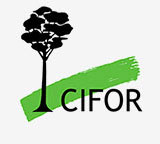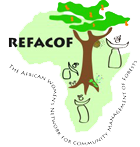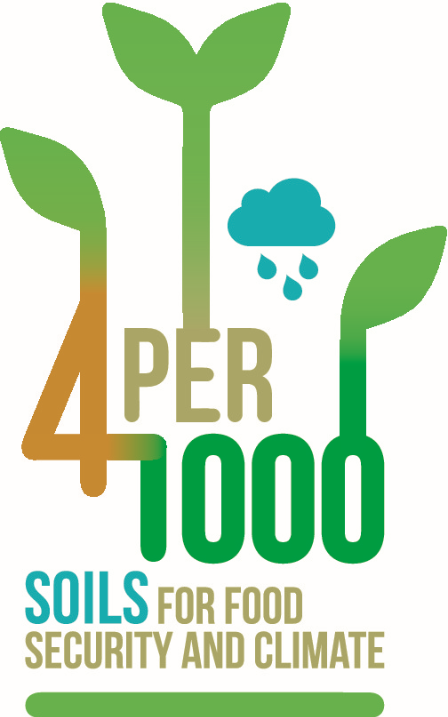Press Release: Embargoed until November 16, 2016, 19:00 GMT
Marrakesh
A new initiative was launched today dedicated to ending the loss of the world’s remaining intact forest by 2030.
The MacArthur Foundation is supporting the Five Great Forests Initiative, which aims to build a global movement to protect the world’s most precious forests.
Located in the Amazon, Congo Basin, tropical Southeast Asia and Melanesia, boreal North America and boreal Russia, the forests are regarded as irreplaceable for their potential contribution to reducing climate change mitigation and preserving biodiversity.
Amid warnings that half of the world’s surviving intact forest could disappear by the end of this century, the foundation is seeking partners to build a broad grouping of civil society, academics, funders, government and members of the private sector.
The initiative was unveiled at the Global Landscapes Forum, the leading side event of the COP22 talks in Marrakesh.
“We believe the time has come to mobilize a broad and diverse range of stakeholders invested in the future of forests. We want to see a world where the value of intact forests to humankind is universally recognised, loss of intact forests has ceased and the restoration of previously intact forests is underway,” said Tom Evans, climate change lead, conservation solutions programme, at the Wildlife Conservation Society.
“The key opportunity is the recognition that intact forests can make a great, and under-appreciated, contribution to the goals of the Paris Agreement, complementary to efforts to control agricultural frontiers and restore degraded landscapes.”
“The conversation here in Morocco is about putting the Paris Agreements into action, and that is what this initiative intends to do. We think primary forests were overlooked somewhat in Paris, when preserving them can make a significant contribution to improving the health of the planet.”
Recognition of this will bring new impetus to a wide range of conservation efforts, policy measures and public campaigns, from protected areas and indigenous territorial management to the siting of new infrastructure and logging operations.
Preserving forests intact ensures significant climate benefits in three ways – huge emissions of stored carbon are avoided, a major active sink of carbon is maintained and local climatic regimes are moderated. Current efforts to protect intact forests are falling alarmingly short.
In the aftermath of the Paris agreement, WCS feels that the world should recognise the unique value of intact forests and the policies that will best conserve them.
Intact forests have been in decline more or less throughout human history. Global forest area has been reduced by approximately 40% in the last three centuries. Of the remaining forests, most have been highly affected by human activity, leaving no more than 30% that is potentially intact and possibly much less, depending on how it is exactly measured
The FAO estimates that around 32% of the world’s forests are ‘primary’. Intact forest landscapes have are in rapid decline. Since 2000 around 103m ha have ceased to be intact, a fall of about 8%. At that rate half of what currently remains would be gone by the end of the century.
For further information, please contact Mary Dixon; mdixon@wcs.org; +3478401242
About WCS
WCS uses cutting-edge science to understand the impacts of climate change on wildlife and natural resources, plan conservation for a rapidly changing world, and implement on-the-ground solutions to protect ecosystems.
Our scientists have created innovative and powerful solutions for addressing and managing the impacts of climate change in every region where we work.
About the Global Landscapes Forum
The GLF was launched in 2013 by CIFOR, the World Bank and UNEP to provide a science-led, multi-sector and independent platform to share knowledge and develop initiatives to build more resilient, diverse, equitable and productive landscapes. It has become the leading side event at COP meetings.





















































